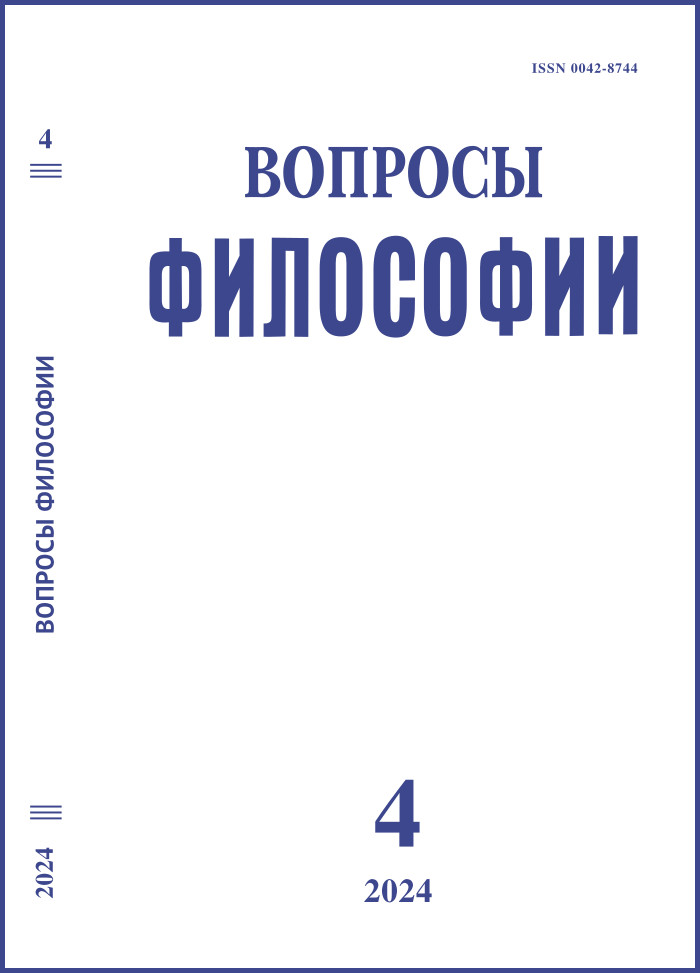On the Nature of Power in Philosophical and Worldview Content
DOI:
https://doi.org/10.21146/0042-8744-2024-4-197-207Keywords:
power, violence, freedom, equality, law, state, people, individual, slavery, right, soul, alienation.Abstract
The article analyzes concept of power in philosophical and worldview content. The analysis is based on the category of freedom. Freedom is understood by
authors as universal fundamental basis of human life. It, being outside limits of cause-and-effect relationships, defines itself. This means that a man establishes a law for himself, is able to radically change way of his thinking and being, which can have both positive and negative consequences. Each individual can choose certain values for himself, or he can refuse such a choice. That is, to be “your own master” is freedom of every human individual. Freedom is understood as an opportunity to deny freedom. The peculiarity of human existence consists in substantial rootedness of man in freedom, which constitutes essence of man, generates diversity of his individual and social being, which distinguishes him from nature, subject to the necessary universal laws. From this position of understanding of freedom, the authors deduce the concept of power as freedom of self-creation, creativity by man, namely, by each individual, his own mental and spiritual world, his essence, which distinguishes this understanding of power from definitions of power in classical theories of Antiquity, Modern Age and modern concepts of political philosophy. Consequently, every human being, in principle, has its own special essence, which he himself creates and changes. Therefore, power and freedom are not opposed: power is presented as an attribute of freedom, ontologically expressing and revealing the content of freedom both in a positive and negative, alienated sense.

